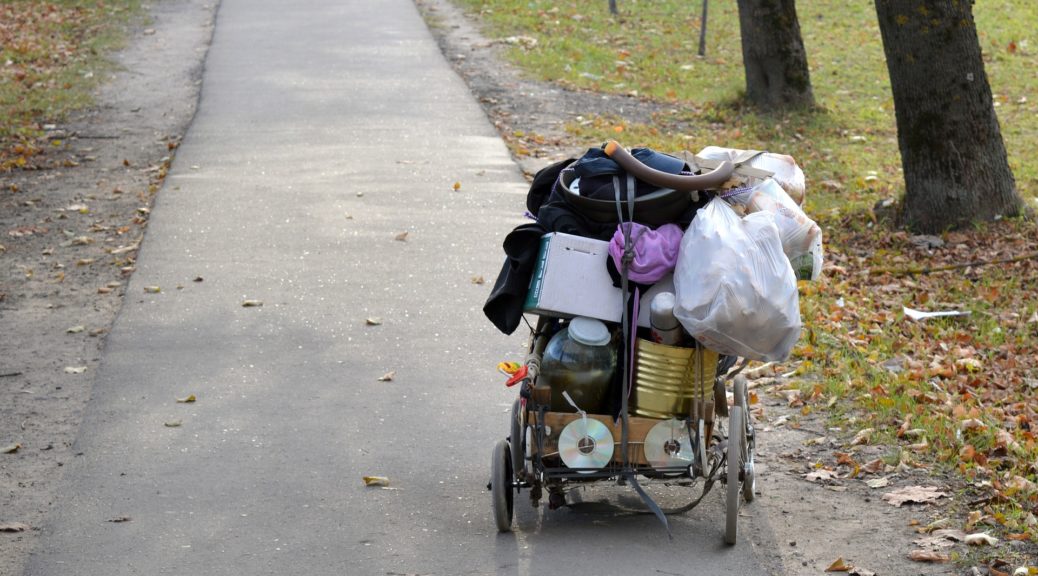A few years ago here on Death Row, a handful of men were summoned to our unit manager’s office. They didn’t return for weeks. Prison administrators accused the men of plotting… something that was never explained. All we knew was that the guys, our friends, were put in segregation while being ‘investigated’. They returned a couple weeks later after nothing turned up, a few pounds lighter physically and also in terms of their property.
Putting a prisoner ‘under investigation’ is the prison’s way of segregating him without charging him, without writing him up for an infraction, without due process. It’s a way to punish in advance while searching for a legitimate reason to justify a formal write-up. It’s a discretionary tool administered in response to rumors or suspicion of a rule violation, vengeance, say, for pissing off a duty lieutenant.
Prisons are highly structured, highly controlled environments, governed by routine, every day much the same as the food – bland, monotonous, repetitive. You’d think being permanently imprisoned would mean where a person lays their head would be set in stone, right? Despite control mechanisms shaping nearly every facet of daily life, being incarcerated means shit can happen at any second. No one can be sure where they will sleep at night – their current cell, bandaged on a hospital bed, shivering in a psyche ward, handcuffed in a holding tank, waiting for a cell assignment in solitary. And anytime someone is forced to move off the unit, their personal property is searched and held to the strictest standard. Extra anything equals contraband.
Every time we get sent to the hole, we lose our personal property. Our jailers, tasked with packing our belongings for these moves, say much of our property is ‘contraband’ because it ‘exceeds space limitations’.
Right before I came here in ’06, someone wrote an anonymous note on one of the guys already here. The staff despised him, and he was accused of bullying the men on his pod. Though no one ever came forward with evidence or testimony to substantiate this claim, he was placed ‘under investigation’ and didn’t return for years.
Once you are in solitary confinement, if you violate even the most trivial policy – having an extra pair of socks, things that typically go ignored or at worst elicit a verbal warning – you earn additional write-ups. Fifteen days. Thirty days. Forty-five days. Days pile onto your stay. Receiving a series of write-ups in quick succession can get you recommended for long-term isolation, a minimum of six months but usually at least a year.
Another time, while awaiting my trial, officers raided the cell next to mine. Through an interconnected air vent, I heard the officers informing the irate and disbelieving occupant that they had to take all of his property, including the clothes he had on, because he was being put on suicide watch. I never found out whom he’d offended, but somebody – a prisoner or staff member – had filled out a sick-call in his name, posing as him and threatening to kill himself. He was forcefully stripped naked and dragged to an observation cell on the psych ward, where he spent the next two weeks.
Incarcerated people accumulate a ton of attachments, possessions, sentiments, activities, etc. We latch onto them, make them a part of us, become dependent on them. They make us heavy. For that reason, many guys in here walk around high-strung and hyper vigilant about their interaction with staff, “Man, I won’t even speak to that officer. He’s too spiteful. I don’t want him searching my cell – I’ve got too many books.” Or photos. Or art supplies. Or food. Any time I’m called to the office for an appointment or to pick up legal mail, my heart races. I question whether I’ve pissed off anyone, I wonder if I’ll return.
Before officers enter our area to search cells or arrest someone, they stop in the hall at the guard booth and start putting on blue latex gloves like nurses wear. We watch through the Plexiglas wall. Someone will holler, “MAN DOWN!” and during the fifteen seconds prior to the guards’ entrance, we ask ourselves, “Who are they coming to get? Did they glance up at my cell?”
Several toilets will flush, swallowing…. whatever. Most of us prop ourselves in doorways, or continue what we were doing in the dayroom, watching but not watching TV, playing but not playing chess, stiff but nonchalant, not wanting to draw attention to ourselves in case the guards are undecided about who they are coming for.
Some guys are sentimental hoarders, their cells thick with excesses of everything. Others keep nothing. Other than a cup, toothbrush, toothpaste, bar of soap, and neatly made bunk, their cells hardly look occupied. They give the guards nothing to hurt them with, no leverage. They’re nearly invisible and are impervious to prison life.
Incarceration has a transient quality, akin to homelessness, forcing us to continually determine which of our possessions are extra baggage. And, how do I avoid the unavoidable and unpredictable? I don’t. I simply prepare for it.
ABOUT THE AUTHOR. George Wilkerson lives on Death Row. He has been writing for some time, and is undeniably talented. Not only does Mr. Wilkerson sometimes share his writing with us, he was also a contributor to Crimson Letters, an eye-opening book released in 2020, sharing the voices of those living on North Carolina’s Death Row.
Mr. Wilkerson can be contacted at:
George T. Wilkerson #0900281
4285 Mail Service Center
Raleigh, NC 27699-4285
![]()
